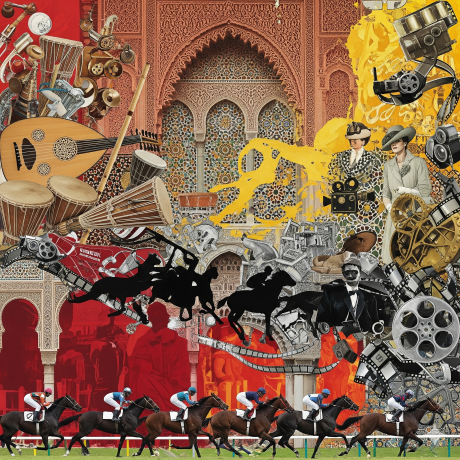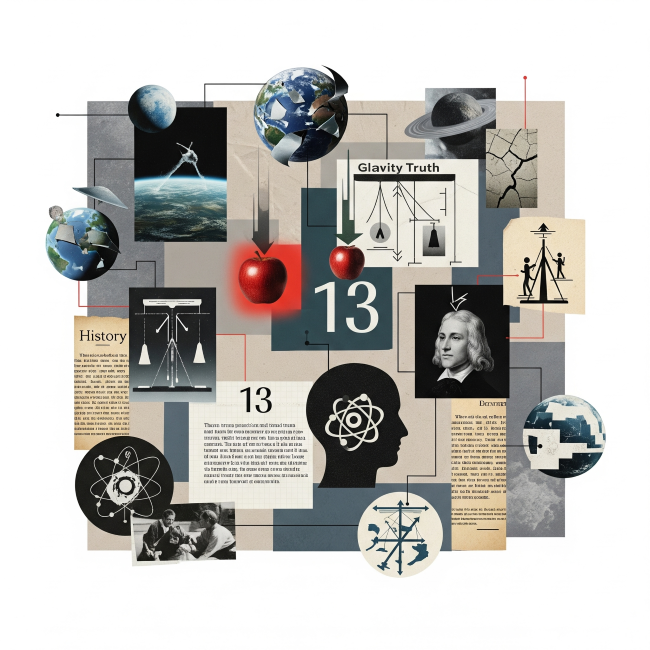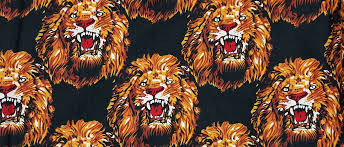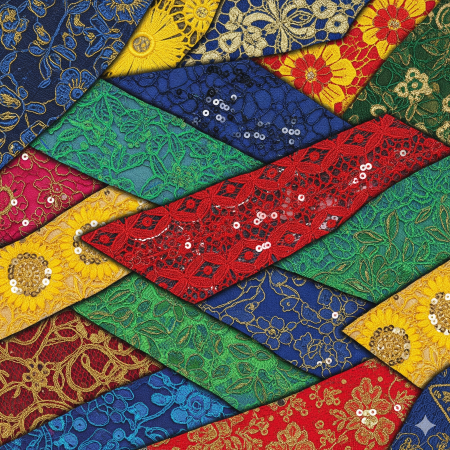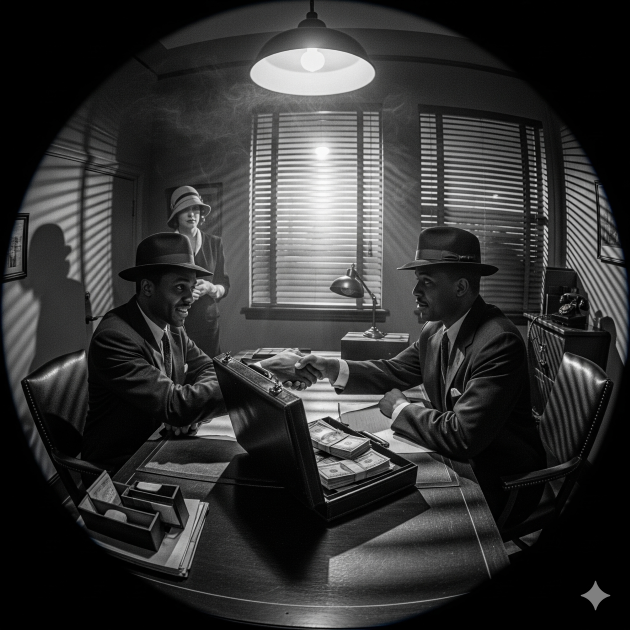The Mirror We Need: The Psychology of Media Representation in African Childhood Development.

Introduction: Our Reflections Matter
To see oneself reflected in the stories that shape the world is not a luxury. It is a necessity. As Africans, our languages, skin tones, family structures, spiritual beliefs, and everyday experiences are rich with diversity and depth. Yet, for generations, African children have grown up consuming media from places where their identities are either absent or misrepresented. Over time, this lack of representation can distort how we see ourselves, leaving a subtle but persistent feeling that something is missing.
The urgency of this issue is not just cultural. It is grounded in science, psychology, and human development. When children grow up surrounded by images and narratives where they are not included, it is not only their sense of self that suffers. Their ability to imagine their future, to feel a sense of belonging, and to develop healthy self-esteem is also deeply impacted.
Media Representation and the African Child’s Identity
Image Credit: Unsplash
The media we consume in childhood plays a critical role in shaping our understanding of who we are, what we can be, and how others see us. Research in psychology has shown that seeing oneself and one’s community positively and accurately represented in media contributes significantly to mental health, confidence, and personal ambition.
Studies confirm that media, especially during early developmental stages, influences a child’s perception of the world and of themselves.
When African children constantly watch shows where the protagonists are always foreign, the problems are foreign, the triumphs are foreign, and the values are foreign, they begin to feel like outsiders in their own minds.
This has serious psychological consequences. Children who do not see themselves represented in the media often experience lowered self-esteem and a fractured sense of belonging. They will not fully understand how to navigate their own society, socially, culturally, and even financially.
The Deep Biological Need to Observe One’s Own Kind
The need to see people who look like us, speak like us, and move like us is hardwired into the human brain. Long before children can speak, they are already watching. Developmental psychologists have found that infants as young as three and a half months prefer looking at human faces and bodies over animals. This is not by accident. It is an evolutionary trait that supports early learning and survival.
Humans, like other intelligent social animals, rely on observation to learn language, emotions, and social behavior. Observing members of one’s own species plays a crucial role in developing behavioral norms, moral reasoning, and cultural understanding. These early visual experiences form the foundation of identity and communication.
Children who grow up watching people who resemble them acquire not just language and gestures, but also cultural rhythms, emotional patterns, and values specific to their communities. Without this, development can be deeply disrupted.
The Human Cost of Isolation: What Feral Children Teach Us
Some of the most striking evidence for the importance of growing up with one’s own kind comes from cases of feral children — children raised in isolation or by animals. Though tragic and rare, these real-life cases reveal just how critical human modeling is to psychological and intellectual development.
Oxana Malaya, a girl from Ukraine, was raised among dogs. She barked, walked on all fours, and ate with her mouth. Her reintegration into human society took years of therapy, and she struggled deeply with basic human behaviors.
Vanya Yudin, a Russian boy raised among birds, chirped and flapped his arms but could not speak. He had no concept of human social behavior.
Natasha, also from Russia, was raised in a home where dogs and cats were treated as her family. She barked, jumped, and growled like them. She had no functional language and could not behave like a typical child.
Marina Chapman, found in Colombia after living with monkeys, mimicked their calls and foraged like them. Though she later integrated into society, she faced severe delays in language and social understanding.
These heartbreaking stories illustrate a single, undeniable truth. Children adopt the behaviors, sounds, and instincts of whatever environment surrounds them. It is a clear and sobering reminder that who we watch and who we imitate determines who we become.
Why Media is More Than Just Stories
Image Credit: Unsplash
For humans, one of the most intellectually advanced species, media is more than entertainment. It is an extension of our social modeling. Through stories, characters, and imagery, we learn emotional intelligence, cultural values, social norms, and problem-solving skills. Media becomes a template not just for how to behave, but for what to aspire to.
When African children grow up with foreign media as their primary model, their understanding of beauty, finance, success, and even family is filtered through someone else’s lens.
They begin to internalize that to be great, one must sound foreign, look foreign, or live far away. This is not only damaging to the individual but to society as a whole. A generation raised without a strong sense of cultural pride and identity is one that may struggle to innovate, lead, or preserve its own heritage.
When the media includes accurate, diverse representation of African people and cultures, African children will feel validated. They see their identity as worthy of attention and celebration.
Rather than feeling the need to adopt a foreign accent or physiology, children raised on homegrown media learn to celebrate their appearance and imagine a future that honors their reality.
Conclusion: Reclaiming Our Reflections
Image Credit: Unsplash
The solution is not to cut off the world, but to balance it with homegrown representation. African children deserve to see themselves on TV as heroes, explorers, inventors, musicians, and storytellers. They deserve to grow up watching media that reflects their realities, affirms their identities, and honors their dreams.
By investing in African stories, told by African voices, and shared through African screens, we give our children what every child needs: the chance to grow up with dignity, pride, and a full sense of self. We restore the mirror that lets them see just how real they are.
The most powerful story an African child can hear is the one that begins with their own name.
You may also like...
Be Honest: Are You Actually Funny or Just Loud? Find Your Humour Type

Are you actually funny or just loud? Discover your humour type—from sarcastic to accidental comedian—and learn how your ...
Ndidi's Besiktas Revelation: Why He Chose Turkey Over Man Utd Dreams

Super Eagles midfielder Wilfred Ndidi explained his decision to join Besiktas, citing the club's appealing project, stro...
Tom Hardy Returns! Venom Roars Back to the Big Screen in New Movie!

Two years after its last cinematic outing, Venom is set to return in an animated feature film from Sony Pictures Animati...
Marvel Shakes Up Spider-Verse with Nicolas Cage's Groundbreaking New Series!

Nicolas Cage is set to star as Ben Reilly in the upcoming live-action 'Spider-Noir' series on Prime Video, moving beyond...
Bad Bunny's 'DtMF' Dominates Hot 100 with Chart-Topping Power!

A recent 'Ask Billboard' mailbag delves into Hot 100 chart specifics, featuring Bad Bunny's "DtMF" and Ella Langley's "C...
Shakira Stuns Mexico City with Massive Free Concert Announcement!

Shakira is set to conclude her historic Mexican tour trek with a free concert at Mexico City's iconic Zócalo on March 1,...
Glen Powell Reveals His Unexpected Favorite Christopher Nolan Film

A24's dark comedy "How to Make a Killing" is hitting theaters, starring Glen Powell, Topher Grace, and Jessica Henwick. ...
Wizkid & Pharrell Set New Male Style Standard in Leather and Satin Showdown

Wizkid and Pharrell Williams have sparked widespread speculation with a new, cryptic Instagram post. While the possibili...

